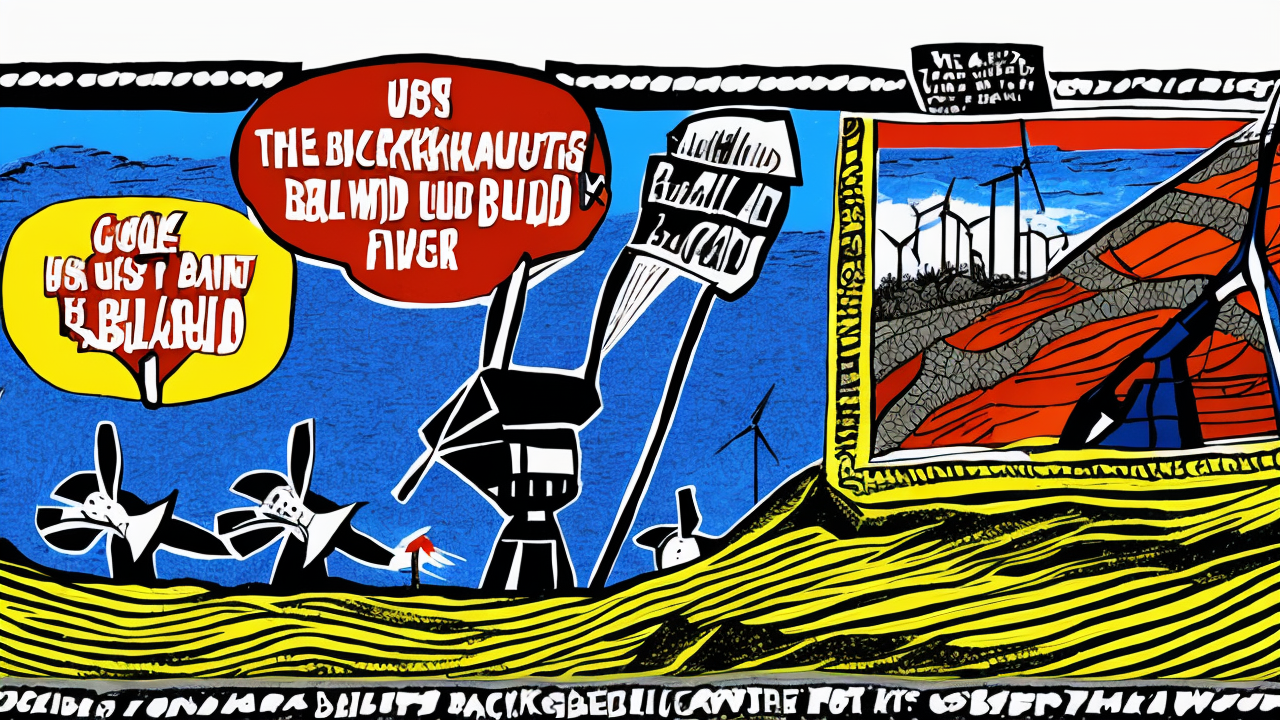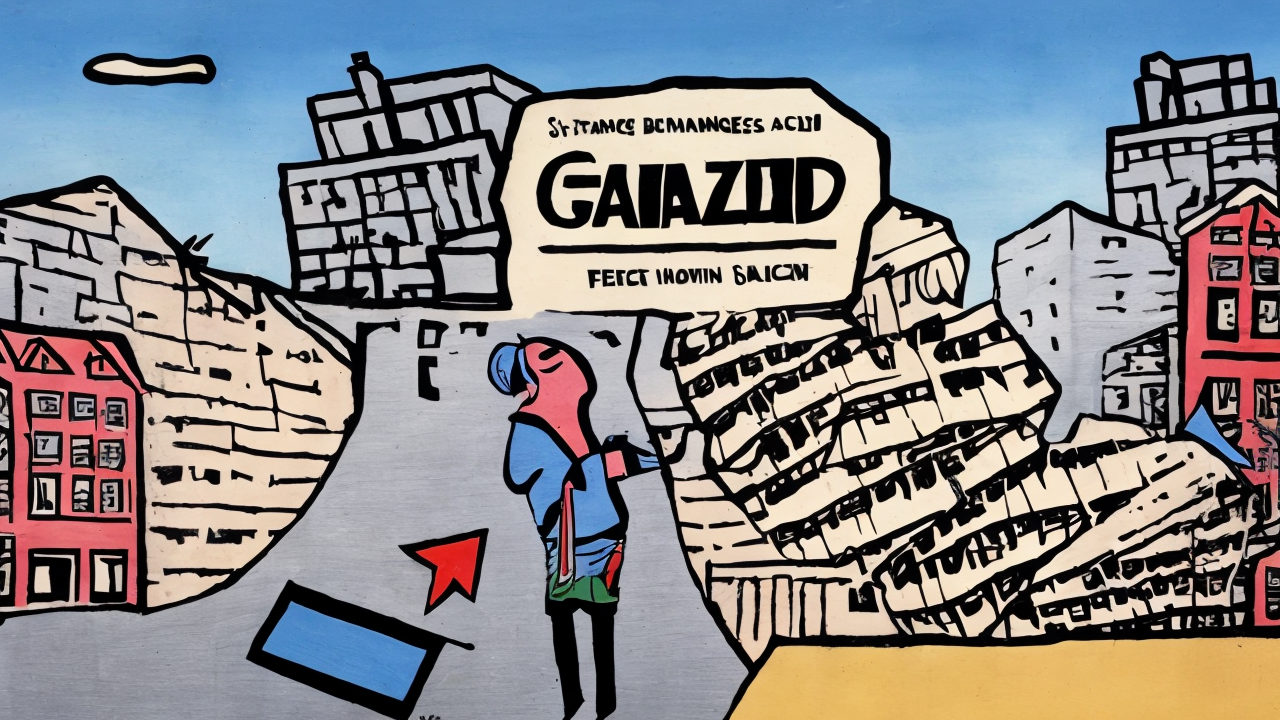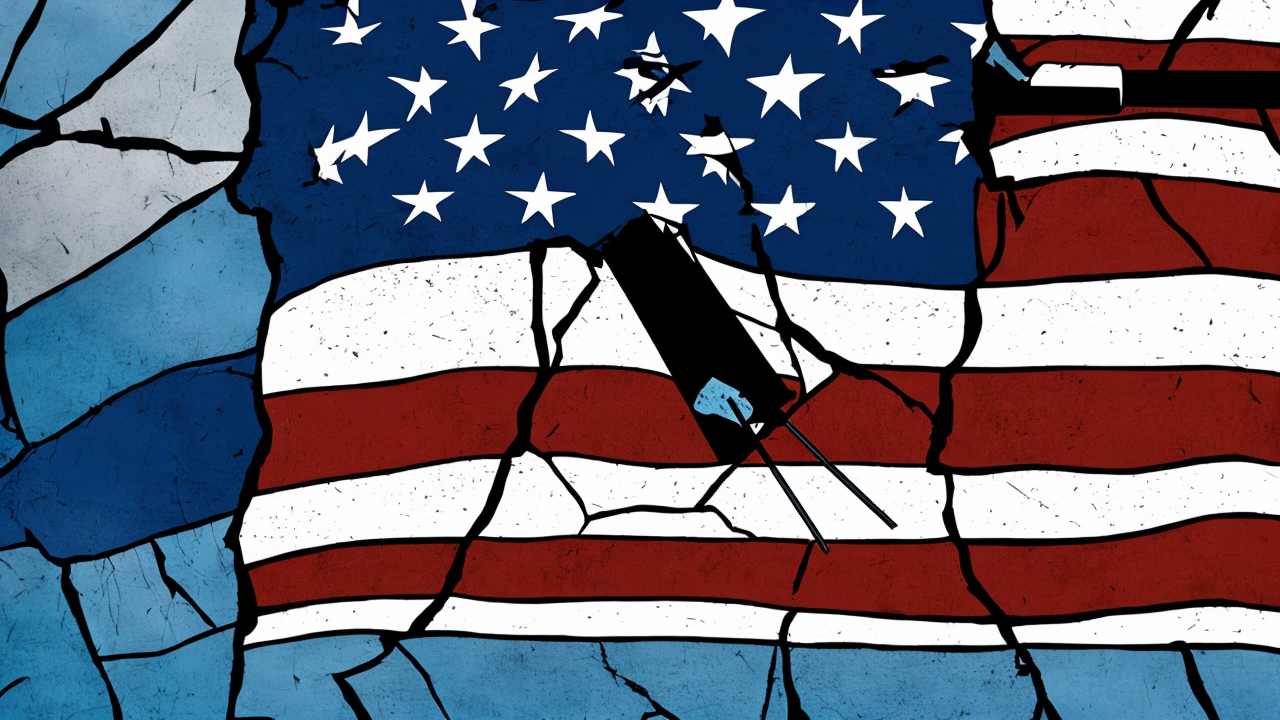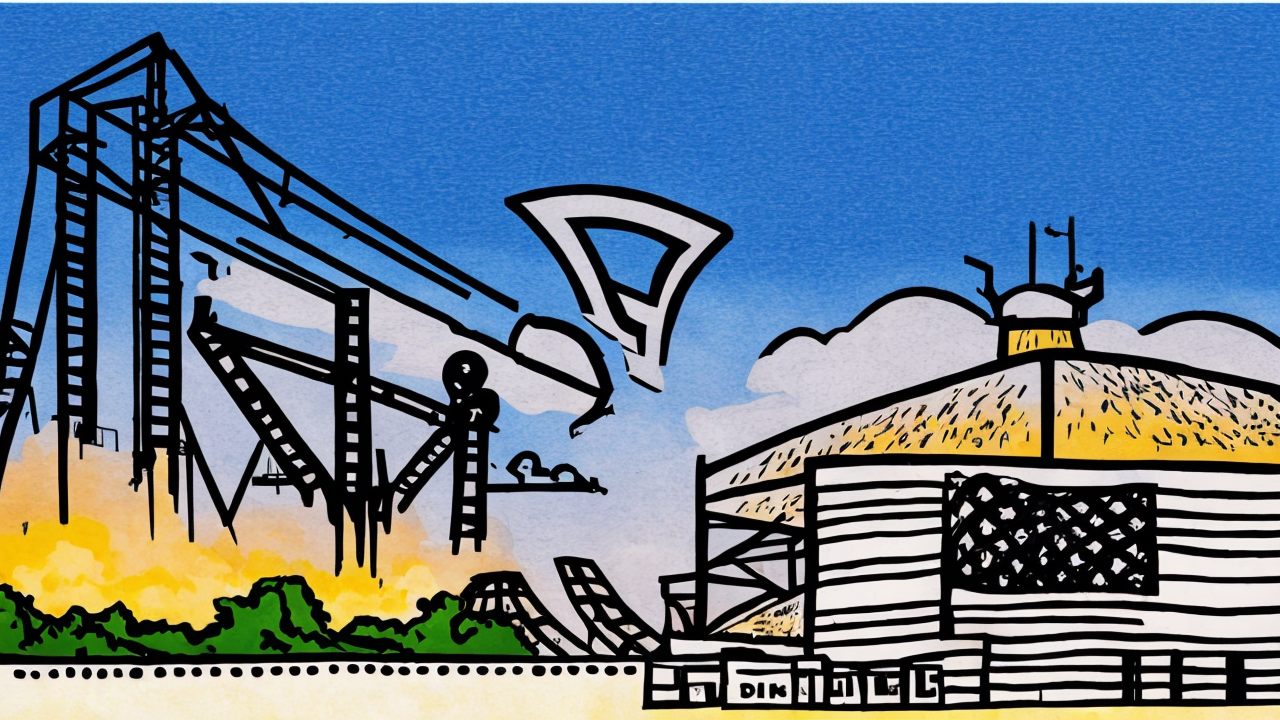The Decline of Literary Appreciation in Modern Education
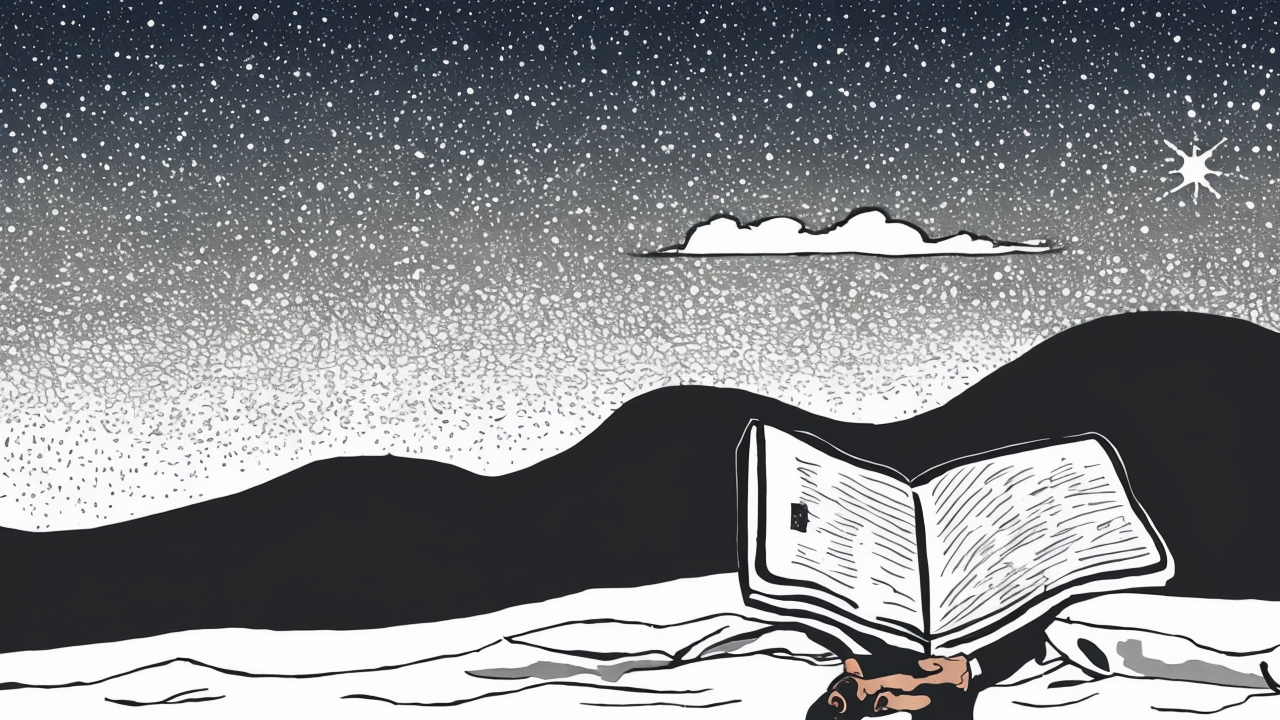
In classrooms across America, a quiet shift has taken place—not in the books students read, but in how they engage with them. Once, reading The Catcher in the Rye was more than a classroom assignment. It was a moment of connection, a chance to see oneself in the struggles of Holden Caulfield. His doubts, his loneliness, his search for authenticity—these were not just plot points. They were mirrors held up to the soul, inviting young readers to reflect on integrity, responsibility, and the difficulty of staying true to oneself.
Today, many students encounter Holden not as a guide, but as a confusing figure—a distant character from a world they no longer recognize. His voice, once a source of insight, now feels alien. This change is not simply about shifting tastes. It reflects a broader cultural shift that, while rooted in good intentions, has gradually weakened the role of literary tradition in shaping character and community.
The classics—works by Jane Austen, Mark Twain, C.S. Lewis, and J.D. Salinger—were never chosen for their political correctness. They were chosen because they reveal deep, enduring truths about human nature. These stories do more than teach grammar or syntax. They cultivate moral imagination. They help readers understand not just what people do, but why they do it. They show the consequences of choices, the weight of conscience, and the quiet strength that comes from standing for what is right.
When students no longer see the depth in Holden Caulfield—the boy who mocks hypocrisy yet longs for sincerity, who feels isolated yet tries to protect innocence—they lose a vital reference point. Similarly, Scout Finch’s growing awareness of injustice in To Kill a Mockingbird, or the quiet strength of Aslan in The Chronicles of Narnia, are not just stories. They are lessons in courage, justice, and moral clarity. These characters don’t preach. They live. And in doing so, they model values that transcend time.
Yet today’s educational environment often treats literature as a tool for ideological expression rather than a source of wisdom. While diversity in voices is important—and necessary—this should not come at the cost of removing foundational works that have shaped American thought, civic life, and personal character. When generations grow up without engaging with these enduring stories, they lose the shared language of values that once brought people together across class, region, and background.
This is not just an academic concern. It is cultural. Literature, when taught with care and depth, shapes identity. It reminds us that we are not isolated individuals, but part of a larger story—one that includes failure and triumph, weakness and courage, loss and redemption. The wisdom in a well-told story is not outdated. It is timeless.
We do not need to ignore new voices or contemporary issues. We need to make room for them alongside the great works that have shaped our collective understanding of right and wrong. The classroom should not become a battlefield of competing ideologies. It should be a sanctuary where young minds encounter the best that has been thought, said, and written. Here, students don’t just learn to read—they learn to reflect, to grow, and to lead with integrity.
To preserve our cultural identity and moral compass, we must restore literary greatness to its rightful place in education. Not as a relic of the past, but as a living guide. We should teach not just what is written, but why it matters. We should help students see that Holden Caulfield’s struggles, Atticus Finch’s quiet courage, or the humble wisdom of a farmer in a Willa Cather novel are not outdated. They are reflections of the enduring human journey.
In a world filled with noise, distraction, and division, great literature remains a beacon. It reminds us that character is not formed in isolation, but through conversation with the wisdom of those who came before. In that conversation, we find not only knowledge, but a deeper understanding of who we are—and who we are meant to become.
Published: 10/8/2025


